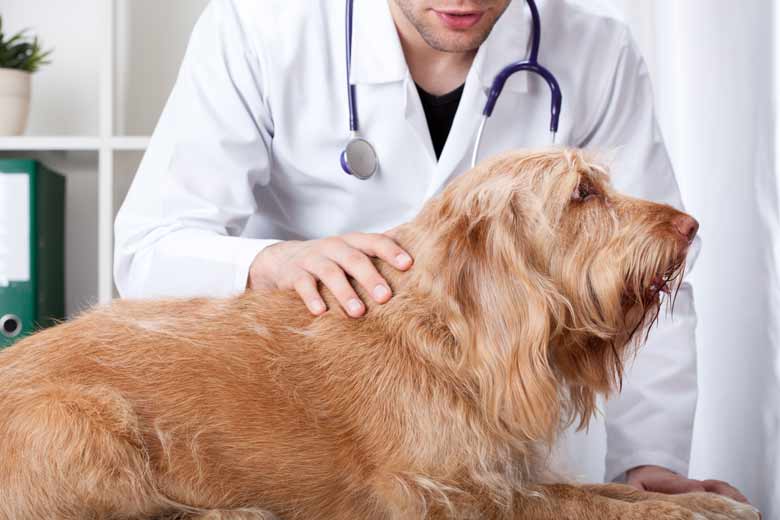
In the lead up to your pet’s surgery we recommend bathing them 24 to 48 hours prior to the day. This means your pet is nice and clean for their surgery and will have dried completely before having an anaesthetic. Most pets will go home with sutures and are not allowed to be bathed or swim until sutures are removed at 10-14 days.
You will be instructed by your veterinarian or veterinary nurse not to feed your pet after 7pm the night before the surgery and to take water away first thing in the morning. Your pet must have an empty stomach when being anaesthetised. This is to prevent the possibility of aspirating stomach material if they regurgitate under the anaesthetic or during wake up.
Admitting my pet for surgery
On the day of your pet’s surgery we will organise an admit time between the hours of 8am and 8:30am (Monday to Friday). If these times are unsuitable, alternate arrangements can sometimes be made by speaking with our staff. Your pet will be admitted to hospital by one of our veterinary nurses. At admittance you will be asked to complete and sign a consent form. On this consent form there is a list of important questions for you to answer relevant to your pet’s stay.
Pre anaesthetic (PreGA) blood testing is always offered and recommended for any pet undergoing an anaesthetic. It is considered essential for our geriatric patients (those older than 7 years). The PreGA blood test is run in clinic prior to your pet’s procedure. There are more comprehensive blood tests available if you wish or if required for your pet. These will need to be run prior to the day of surgery. On the day of surgery, a PreGA blood test provides us with a brief assessment of liver and kidney enzymes, your pet’s blood glucose, hydration status and assessment of red and white blood cells and platelets. Any abnormalities found may alter the drug choices we make for your pet and will be discussed with you at discharge or earlier if needed.
The Hospital Stay
Once your pet has been admitted they are made comfortable for their stay. A health check and any blood tests are performed prior to your pet receiving its premedication. Premedication provides sedation and pain relief for your pet to assist in relaxing them prior to their anesthetic and surgery. For your pet’s surgery they will be anaesthetised and maintained on oxygen and a gaseous anaesthetic agent via an endotracheal tube placed in their airway.
Fluid therapy is provided to support their blood pressure throughout the procedure and post operatively if needed. After their procedure your pet will be kept in hospital until they have recovered adequately from the anaesthetic. You will be contacted after the procedure to make a time for discharge. Discharges are usually booked between 3:00pm-5:30pm. At discharge your veterinarian or veterinary nurse will discuss your pet’s procedure and any specific home care requirements.
At Home Care
Once home, it is expected that your pet may still be a little sleepy from the anaesthetic. Some pets bounce back very quickly, some take a little longer. It is not unusual for your pet to cough after its procedure. This is because of the endotracheal tube that was in its airway. Some pets also feel nauseous after their anaesthetic. They may not feel like eating, they may vomit and they may have changes in their bowel motions. Please remember, if you are concerned about anything your pet is doing after an anesthetic, do not hesitate to call the clinic.
If your pet had a surgery that required sutures they will be removed after 10-14 days of healing. It is important that your pet doesn’t chew at the sutures. An Elizabethan Collar is strongly recommended to prevent self-trauma to the surgical site. It only takes seconds for pets to remove sutures and requires surgery again to replace them.
Sutures need to be kept dry and monitored for any discharge, inflammation or swelling from the wound. It is SO important that your pet be kept quiet whilst sutures are in to prevent postoperative complications.